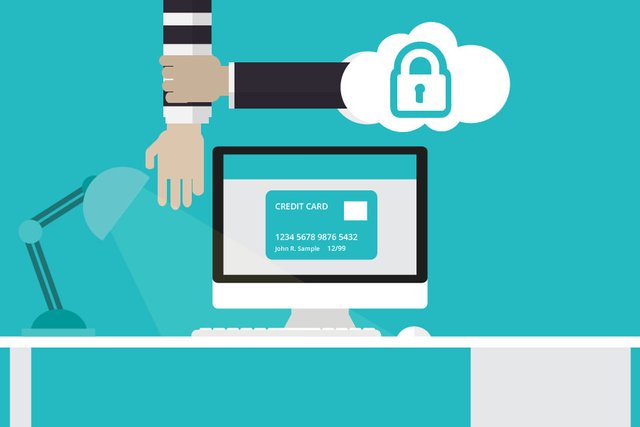 Image source: Flickr - Blue Coat Photos
Image source: Flickr - Blue Coat Photos
The Internet is widely impacting our way of life. Billions of users, trillions of dollars in revenue, countless pages and even more threats for our personal data security, all of these things make us wonder – how safe we really are in the World Wide Web?
Technology is advancing, and even though we still face some of the technological issues that jeopardize our internet safety, this is something that can be dealt with. However, there are some factors that are not so easily overcomeable, mainly human.
Expansion of the internet itself, as well as its evolution, is bringing constant headaches to internet safety experts. Once a pure science fiction idea of connecting all of your devices in your home became a reality, with Internet of Things (IoT) and various smart devices. This can make the online world less safe because there are so many various entry points potential hackers can use.
Security is not confidentiality
Modern security solutions are mostly based on data confidentiality. Multi-step authentications, firewalls and various encryption methods can help, but machines and sensors can be accessed in different ways.
You have to think about security in its components, and confidentiality is only one of those components. With restricted access to sensitive information, you also have to think about integrity and availability. There should be no compromise and authorized personnel should always be able to access the needed information. This way you are forming a strong and safe database, and generally, help the overall safety of the internet.
Having a smart car or a smart house can seem luxurious and totally high-end, but in such situations – all of your devices are interconnected, and accessing one can mean someone can access all of them. You can imagine the consequences of someone hacking your car during the drive, or unlocking your house doors in the middle of the night. With internet expanding to IoT, the number of possible hacking attack targets has grown exponentially.
Social factors
You’ve probably had some quite colorful family reunions that ended with elevated blood pressure levels and extreme anxiety. You can imagine how international relations work when sometimes even the closest people around us can get us to the tipping point.
Every major proposal to internet security upgrade, whether it was suggested by the government or by anyone from the private sector, has been turned down. Most of the internet's participants and protocols involved are on a voluntary basis. Some of these protocols are widely used, some are changed and adjusted, various software companies develop their own protocols, and knowing there are just a few reviewing bodies, you can see why it’s practically impossible to get to a global agreement on internet security. On the other hand, this diversity and voluntary involvement of users is what makes the internet as we know it functions the way it does.
There is also a question of government involvement. Even the most democratic governments in the world have been found guilty of prying into their citizens’ privacy. The usual excuse is greater good or bigger picture, but one thing is certain, governments wouldn't benefit from the absolutely safe internet.
Improving internet safety
With so much to have in mind when dealing with internet safety, it makes you feel it’s impossible to protect yourself, regain control of your data or achieve full security. Experts from Picnet software development company emphasize there are some steps that can be taken into consideration when protecting yourself from the tons of encrypted traffic online.
- Self-signed certificates represent one of the main breaches in internet security. Get rid of them and switch to TLS.
- Always update your TLS protocols and drop the previous versions. With updated TLS protocols, hosts are harder to breach.
- Switch to HTTPS, and adjust your website to that change. Check if there are any subdomains that are not ready, and either set them, or quick-fix them, but switching to HTTPS from HTTP is a giant leap forward security-wise.
- Online Certificate Status Protocol (OCSP) should be turned on. It helps browser verify the integrity of a site. This might increase the loading time, but it will immensely improve your safety.
<h2>Wrap up</h2>
Knowing how vast internet is, it’s impossible to be completely safe. There are some guidelines you can follow, and the tips we’ve gathered are a good place for anyone to start dealing with internet security.
There are no perfect solutions, but with enough attention, and some time, you can protect yourself as well as it is possible. You should always consult a professional when dealing with internet security, to prevent any risk of major losses.